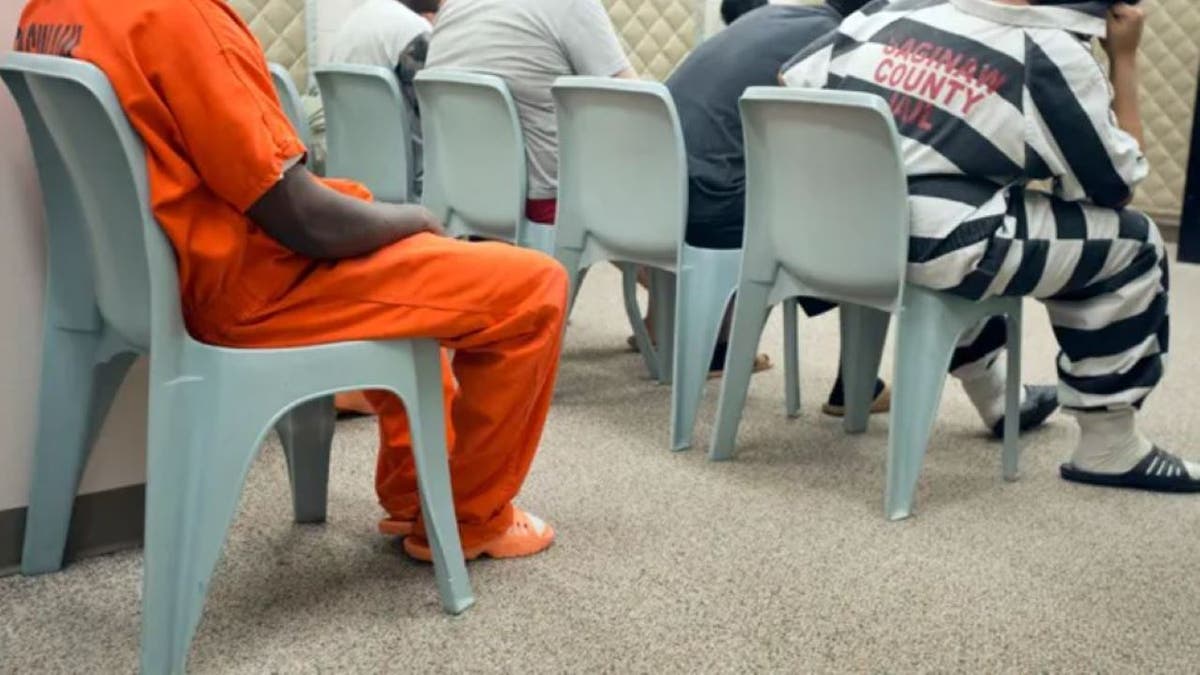Shooting at Washington, D.C., funeral home leaves 1 dead, 3 wounded
DC Police Chief Robert Contee gives a press conference on a shooting that took place at a funeral home in Washington, D.C.
Some 400,000 Michigan residents could have their criminal convictions automatically expunged under a new law.
The process is part of the "Clean Slate" program, which sets a pathway for certain convictions to be set aside in an effort to help those who remain crime-free, so they can resume their lives in the form of jobs, housing and other opportunities.
The law went into effect Tuesday, FOX 2 Detroit reported.
MICHIGAN UNIVERSITY HOSTING SEPARATE GRADUATION CELEBRATIONS BASED ON RACE, SEXUALITY
"My department has been traveling the state for years, hosting expungement fairs to help eligible residents clear their records in the hopes of improving employment and housing eligibility, as well as significantly reducing the chances of that resident winding up back in the court system," Attorney General Dana Nessel said Tuesday. "Today, that process becomes a whole lot easier."

Inmates wait for their video arraignments at the Saginaw County Jail in Saginaw, Mich. The so-called "Clean Slate" law could enable authorities to automatically expunge criminal convictions for 400,000 Michigan residents. (AP/The Saginaw News/MLive.com, Jeff Schrier, File)
The Michigan State Police are streamlining the process. It enables the search of state databases to find eligible convictions that can be removed.
Under the law, there are three types of offenses that are eligible for expungement: Misdemeanors punishable by less than 92 days imprisonment, which has a seven-year waiting period before it can be removed from someone's record; misdemeanors punishable by 93 days or more imprisonment, not more than four and also a waiting period of seven years and felonies, not more than two.
That requires a 10-year waiting period.
CLICK HERE TO GET THE FOX NEWS APP
Some crimes are not eligible, such as a serious misdemeanor, any offense punishable by more than 10 years imprisonment, human trafficking, any crime involving assault, violation of state laws that include either a minor, vulnerable adult, injury or serious impairment, or death and certain traffic offenses such as if they were intoxicated or caused injury or death.






















